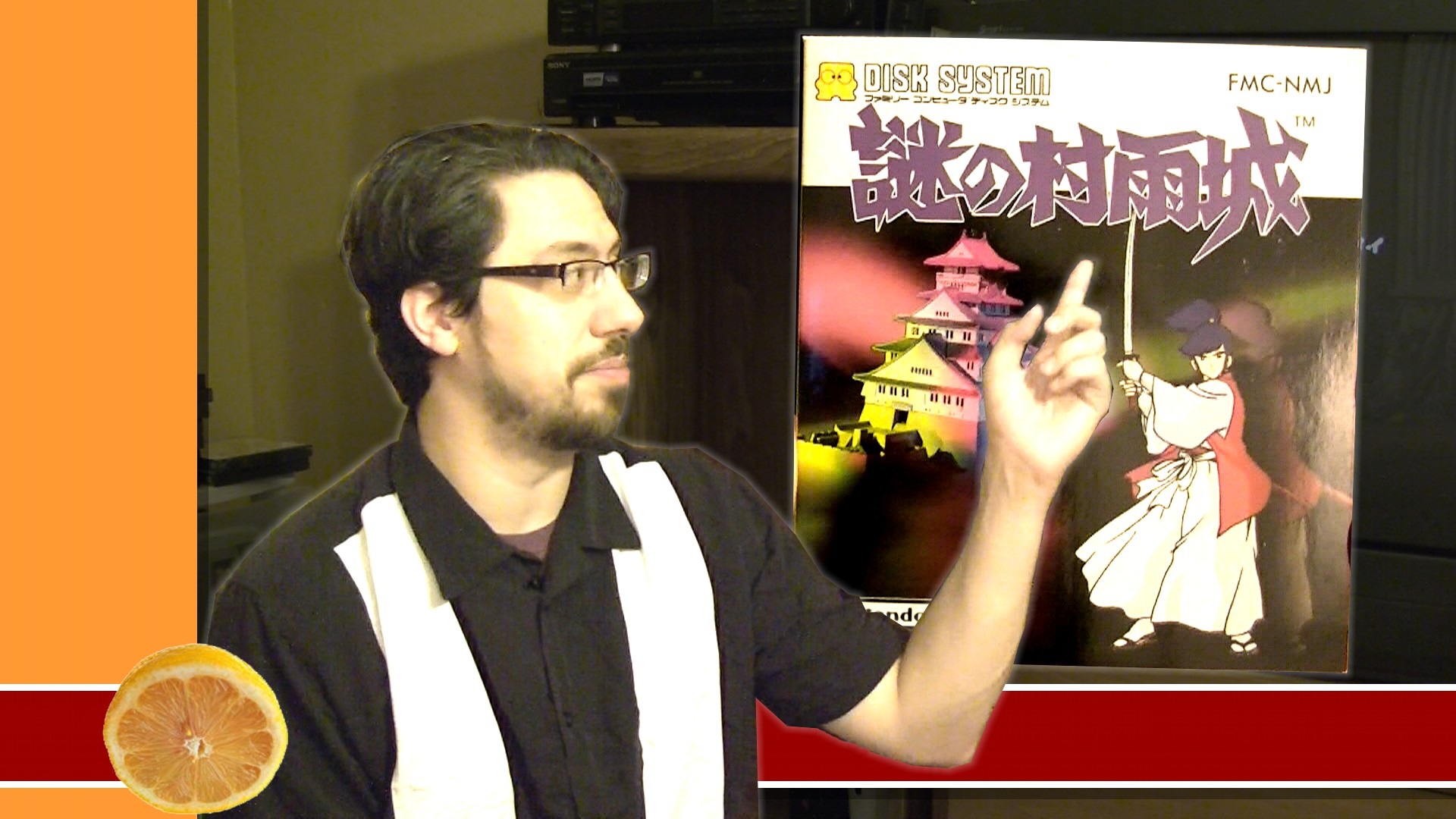It’s time to stop watching ‘Heroes’
by Sean "TheOrange" Corse, filed in Reviews, TV on Nov.17, 2008

Right after the two-part Season 3 premiere, I lobbied on this very site to give Heroes the benefit of the doubt. Unofortunately, things have only gotten worse, and very quickly.
Ratings have plummeted. The show’s reputation has been harmed to such a degree that even the obvious scape-goat firings of writer-producers Jesse Alexander and comics scribe Jeph Loeb can’t save it. NBC wants to let you know that the’ve heard you, and that this time they plan to get it right.
When I saw last week’s episode, I knew it was too late. I promised I would tell you if the show “nuked the fridge”, and it has.
It’s time to stop watching Heroes.
Trying to explain every detail and offense that this show has brought to us over the course of the “Villains” chapter would only lead to anger and ruin. Suffice to say that by the time we saw Hiro stabbing his friend-and-sidekick Ando to death to prove he was a “bad-ass”, I felt it was an apt metaphor for what the writers had done to my love of this show: killing it quickly, without explanation or remorse, and for no good reason.
WHAT THE HELL HAPPENED??
After only six episodes, the overarching Future Peter plot had been derailed: each hour was dedicated to the eradication of nearly every surviving character and plot element from the truncated second season. When it finally felt like the story might be going somewhere (and Peter finally figured out how to use his powers for a change), things took an ugly turn.
What happened? Arthur Petrelli happened.
Wait, isn’t he dead? Yeah, he is. Or he was. Or that’s just what he wanted you to think.
With this latest development, Heroes became little more than a $4 million-per-episode soap opera. Niki’s dead, but Ali Larter is still collecting a paycheck thanks to the revelation her alter-ego is actually one of three clones, and the two that are still running around are just like her. Sylar, who is just misunderstood, turned out to be Nathan and Peter’s long-lost brother — it’s “the hunger” and his mommy issues that are making him kill. After all she went through the first Season, Sylar got a hold of Claire anyway — and her power — but revealed that she cannot die, and therefore neither can he nor Peter. This was almost immediately refuted by the deaths of Future Peter and Adam, both by different means.
But the icing on the cake was that Arthur Petrelli, whose power is to remove any trace of anything interesting or relateable in the characters around him, faked his own death (or rather, survived an attempt on his life by Angela) so that he could unleash his “master plan” of giving superpowers to ordinary people.
Say what?
It’s all about the Benjamins
Heroes was an ensemble show from the beginning. Creator Tim Kring had said that he envisioned never having the exact same group of characters from chapter to chapter; new ones would enter, old ones would exit (either through death or other adventures), and the stakes would always be high because what happened in each episode would have lasting effects.
Then the show got popular. The actors portraying the Heroes became stars. Even the villainous Sylar became a fan-favorite, yet from the word “go” his story arc demanded his death by the end of the season. Chapter 2 progressed part of the original concept by introducing many new characters, but failed to let any of the existing ones “move on”, dooming them to repeat their story arcs for as long as they remained on the show.
Unfortunately, the only lesson the writers learned from this experience was “don’t introduce new characters” when it should have been “only introduce interesting characters”.
Arthur Petrelli is neither new nor interesting. His “Big Chill”-like offscreen death was the centerpoint for many characters during the first season, but his continued survival, by necessity, warps the reality around him — like Superboy-Prime punching at walls.
“We’ve created a monster”
The final blow came in the form of a flashback covering key events leading up to and including parts of the first season which had the goal of explaining two things: how Arthur Petrelli survived, and why Sylar isn’t such a bad guy.
During the first season, Arthur was described as broken, depressed, and suicidal; after failing to kill himself in several attempts, he finally succeeded. In contrast, this last episode portrayed him as a bigger badass than Linderman, who would bow and scrape before this “great man” like a lost puppy. It was Arthur who called for the hit on Nathan that crippled his wife. And it was Angela, remembering the plot upon having her memory healed by Linderman, who tried to kill her husband. These explanations lower the stature of other “villains” to exalt this one character I care nothing about, and take away too much intrigue of the first season.
But what leaves it in shambles completely is the revelation that The Company “created” Sylar. He had killed that one guy with the TK, sure, but he was remorseful. In fact, he was downright depressed and suicidal. (Sound familiar?) He is actually stopped in a suicide attempt by… Elle? Acting nothing like she would barely a year later, a very demure Elle was sent out in the field by Glasses Bennett to get him to hook up with another “super” because “We have to see him kill”. But Sylar — I mean, Gabriel — didn’t want to. He wanted to repent for what he’s done. However, when faced with the possibility of a sweet new ability, he could no longer control “the hunger”, and turned to the Dark Side. That ability he just had to kill for? MORE telekenesis.
Elle tells an unrepentant Bennett, “we’ve created a monster”.
And that’s when I deleted the show from my DVR.


 PS3
PS3
 Famicom Dojo
Famicom Dojo KEEP PLAYING
KEEP PLAYING KEEP PLAYING: Rewind
KEEP PLAYING: Rewind Powet Toys
Powet Toys Powetcast
Powetcast Hitchhiker's Guide POWETcast
Hitchhiker's Guide POWETcast














